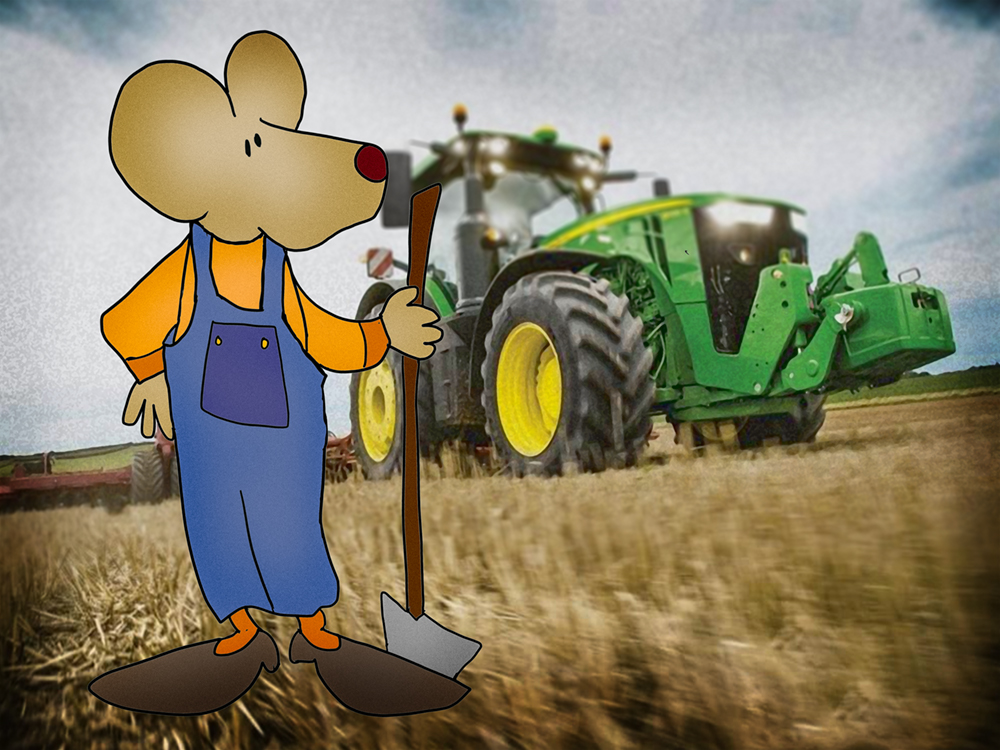
Because of circumstances outside of my control, my life has come to be settled in the country. We live in the midst of a hundred plus acres. Most of our neighbors have cows, or pigs. Chickens. Goats. Let’s just say the animals outnumber the humans in these parts.
The other night, an owl, or some other winged creature, flew through the darkness, swooping down near Ollie and I. It scared the bejesus out of both of us, and I am not sure who jumped higher. Me or the dog.
But most days the country life doesn’t startle me. Not any more. I was born and raised in the city. Glass, concrete, and steel. But when I packed my bags some 30 years ago, and moved to these parts, I carried with me a lot of fears. Spiders, snakes, anything insect or reptilian, really.
These days, I pick up just about anything in the way of the animal kingdom, including snakes if they need a lift somewhere. And I study insects whenever I can. They are designed in the most delightful ways. However, I am still not fond of the ones that insist on biting, stinging, or badgering me. I leave them alone, and I only ask the same.
But even after 30 years of living out here in the thick of things, every so often I am amazed at something I didn’t know about country life and living. I find out something new to me. That was the case this morning.
Today I learned that John Deere was a real person. And today is his birthday. Of course, we all know the lawn mowers, the tractors, the agricultural machinery. And who could miss the Green and Gold? I am not sure which is more competitive — the rivalry between Ohio State and Michigan — or the battle between John Deere people, and the Massey-Ferguson / Case / New Holland / Aliss Chalmers crowds. People are serious about their farm-equipment-loyalty in these parts.
Anyway, John. He was born in 1804, in Rutland, Vermont. He did a little stint in school, but then, in 1821, began an apprenticeship with Captain Benjamin Lawrence — as a blacksmith. That John Deere was pretty good blacksmith, from what I have read.
He married a woman named Demarius Lamb in 1827. I love her whole name. Demarius Lamb. It is simply poetic. Anyway, together they had nine kids. Busy. They were.
That whole Deere clan settled in Grand Detour, Illinois. There weren’t too many blacksmiths there, so Deere had plenty of work. But he found that the soil of the midwest was a bit on the tough side. Cast-iron plows were not cutting it. Literally. So he put on the thinking cap, and came up with a highly polished steel plow. And just like that he was off to the races. His steel plow solution sold like hotcakes. Eventually, he couldn’t keep up with demand. So he kept expanding.
By 1855, Deere’s factory sold more than 10,000 shiny plows. It became known as “The Plow that Broke the Plains.” Heck, they even put up a plaque back in Vermont that says so.
More than anything, Deere insisted on making high-quality equipment. To quote Mr. John Deer, “I will never put my name on a product that does not have in it the best that is in me.” We have his name in our barn. On tractors and such. And we like our John Deere’s.
So yes, Virginia, there is a Santa Claus. And today I know there was a real John Deere, too. Of course, now, I am wondering if Allis Chalmers was really Alice Chalmers, and the rest is a big cover-up. Oh, the country life indeed.
============
“Farming is a profession of hope”
― Brian Brett
===========
“There are two spiritual dangers in not owning a farm. One is the danger of supposing that breakfast comes from the grocery, and the other that heat comes from the furnace.”
― Aldo Leopold, A Sand County Almanac
=============